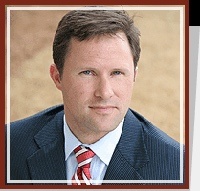Monroe White Collar Crime Lawyer, Georgia
Sponsored Law Firm
-
 x
x

Click For More Info:
-
Ronald Baker Attorney at Law
11877 Douglas Rd Suite 102191 Johns Creek, GA 30005» view mapIntellectual Property Law Working Relentlessly For You
Ronald Baker is a practicing lawyer in Georgia who handles cases involving Intellectual Property Law.
800-597-8640
Thomas Ford
✓ VERIFIEDCriminal, DUI-DWI, Felony, RICO Act, White Collar Crime
Expect Results. Not Excuses
M. Byron Morgan
✓ VERIFIEDCriminal, DUI-DWI, Felony, Misdemeanor, White Collar Crime
Byron has been practicing criminal defense and family law for over 28 years. Look at his website at www.byronthelawyer.com. Byron constantly has cli... (more)
FREE CONSULTATION
CONTACTPatrick J. McDonough
Litigation, White Collar Crime, DUI-DWI, Criminal
Status: In Good Standing Licensed: 30 Years
Charles C. Murphy
Litigation, Intellectual Property, White Collar Crime, Antitrust
Status: In Good Standing Licensed: 52 Years
FREE CONSULTATION
CONTACTSteven Paul Berne
Litigation, Federal, White Collar Crime, Criminal
Status: In Good Standing Licensed: 37 Years
FREE CONSULTATION
CONTACTW. Carl Lietz
Federal Appellate Practice, Public Interest Law, White Collar Crime, Criminal
Status: In Good Standing
 Ronald Baker Johns Creek, GA
Ronald Baker Johns Creek, GA


